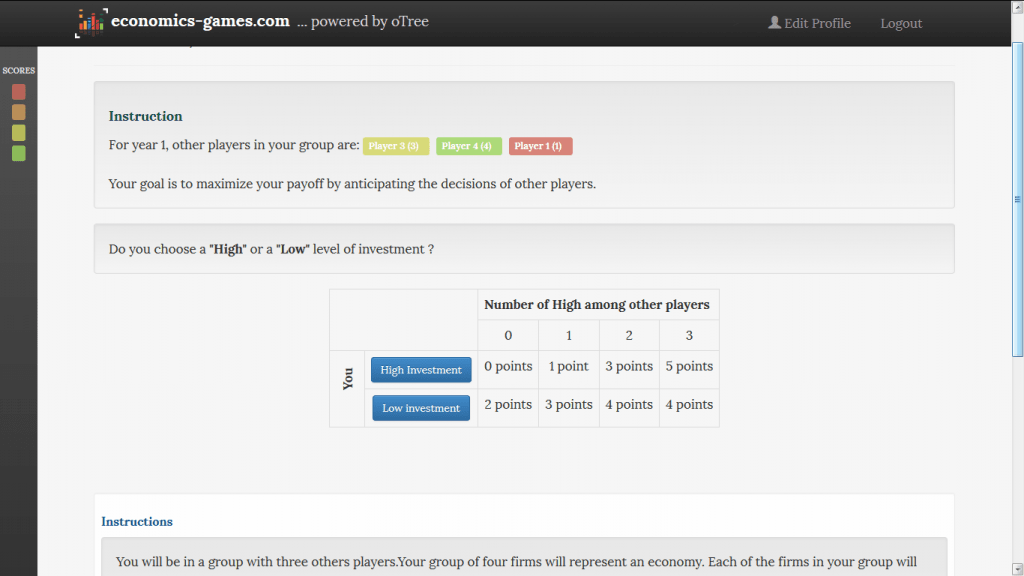“When do first-movers have an advantage? A Stackelberg classroom experiment”
This week, we are adding “When do first-movers have an advantage? A Stackelberg classroom experiment”, by Robert Rebelein and Evsen Turkay (JEE 2016), on our site, in the industrial organization section.
Abstract of the paper:
“The timing of moves can dramatically affect firm profits and market outcomes. When firms choose output quantities, there is a first-mover advantage, and when firms choose prices, there is a second-mover advantage. Students often find it difficult to understand the differences between these two situations. This classroom experiment simulates each scenario in a way that makes it easy for students to understand the theoretical reasons for the different possible outcomes. The authors have developed a two-firm classroom experiment where students first play a Stackelberg game in which firms sequentially choose production quantities and then a Stackelberg game in which firms sequentially choose prices. When choosing quantities, it is advantageous to move first, and when choosing prices, it is advantageous to wait.”
(JEE 2016: http://www.tandfonline.com/doi/abs/10.1080/00220485.2016.1179144 )












